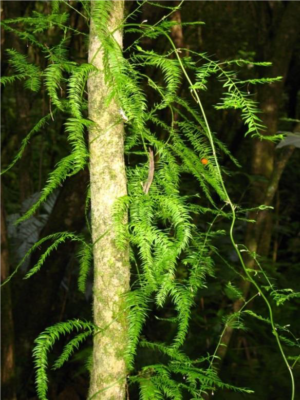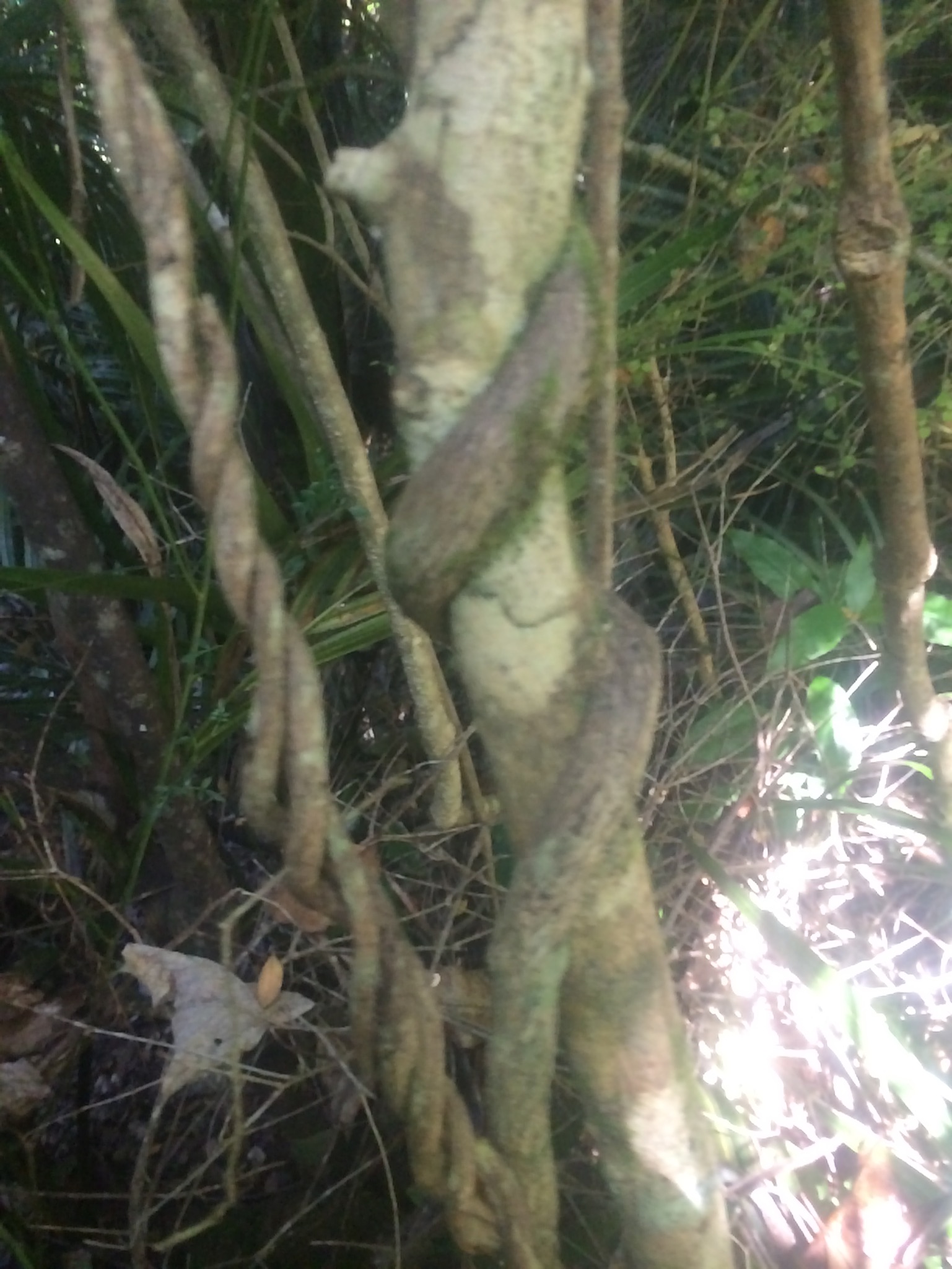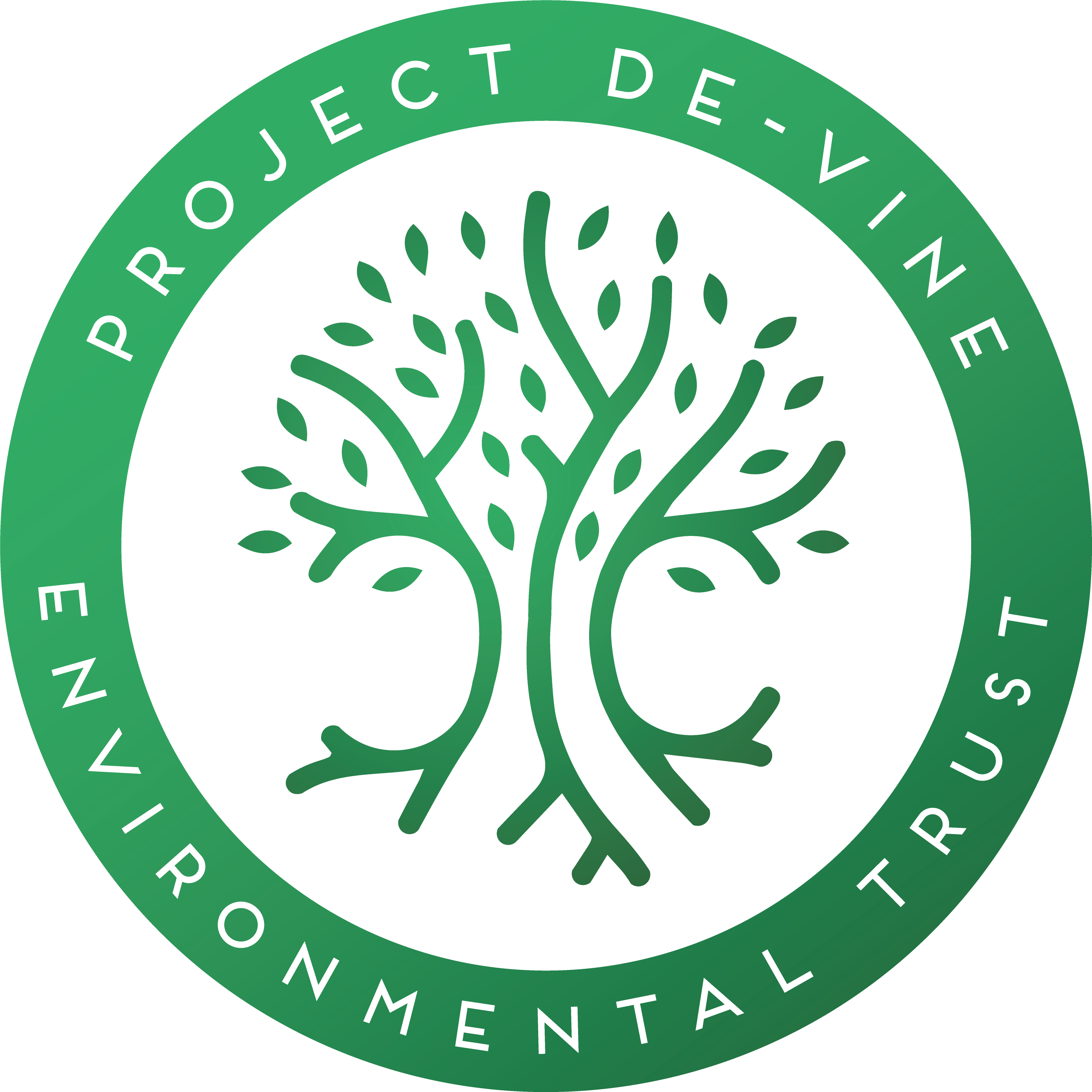AIM
Eradicate/Control invasive vines and other invasive plants and trees throughout Golden Bay and around the halo of Abel Tasman National Park.
WHO WE ARE
WHO WE WORK WITH
TDC, DOC, Tasman Environmental Trust, QEII National Trust and Project Janszoon to assist with the control of invasive vines and other invasive plants and trees to help our native forests throughout Golden Bay.
WHY
HOW
With funding support from the DOC Community Fund, Lottery Environment Grant, The Rata Foundation, Tasman Environmental Trust, Tasman District Council, QEII, WWF, Golden Bay Community Trust, land owners contributions and stand alone contracts. Sponsorship from Nelson Building Society branches and Cut’n’Paste.
PEST SPECIES DESTRUCTION
1,433,847+ invasive vines and other species manually to date (January 2022) Scroll down and see the numbers below.

What Do We Control?
Project De-Vine focuses on key invasive vines that threaten our native forests in Golden Bay. The pest plants targeted are Banana Passion Vine, Old Man’s Beard and Climbing Asparagus. These vines have become a major threat to our native forests as they smother, strangle and forever change the forests unique biodiversity.
Banana Passion Vines
Banana Passion Vine is a large vigorous, scrambling, evergreen climbing vine with clinging tendrils, capable of climbing to 10 metres high or higher. The flowers are pink and up to 7 centimetres in diameter, appearing in December. The fruit are yellow when ripe, up to 12 centimetres long, cylindrical with a sweet-flavoured orange pulp containing seeds.
Old Man’s Beard
Old Man’s Beard is a deciduous, woody climber that may reach 25 metres in height. It has conspicuous flowers that are without true petals, but have white sepals, which bloom in late summer. In autumn, a dense down takes the place of flowers. The down consists of long, fluffy tails on the seeds, which lasts well into winter. The down assists during dispersal via wind and water. One plant is capable of blanketing an area of 180 square metres and seeds are produced at the rate of 10,000 per square metre.
Climbing Asparagus
Climbing asparagus was introduced as a garden or potted plant and is causing serious damage to our native plants. It is a perennial vine that climbs several metres, shading or ringbarking large trees. It is able to grow in semi shade so can easily invade our forest. It is a very difficult plant to eradicate once established. Climbing asparagus is spread by birds, runners, the movement of soil and the illegal dumping of garden waste.
How to identify and control the environmental pest plants on your property
- Visit Weedbusters NZ website and identify the weeds you are dealing with.
- Then, learn how to control weeds from here.
Total Pest Plants Controlled by 31 December 2018
Total Pest Plants Controlled by 31 December 2022
Total Pest Plants Controlled by 31 December 2019
Total Pest Plants Controlled by 31 January 2024
Total Pest Plants Controlled by 31 December 2020
Total Pest Plants Controlled by 29 Feb 2024
Total Pest Plants Controlled by 31 December 2021
Monthly increase from January 2024 - February 2024
Project De-Vine Trust Policy

Quality Management from Start to Finish
Do It Once, Do It Right
Working Together to Protect and Enhance Our Environment
Working Together to Protect and Enhance Our Workplace

